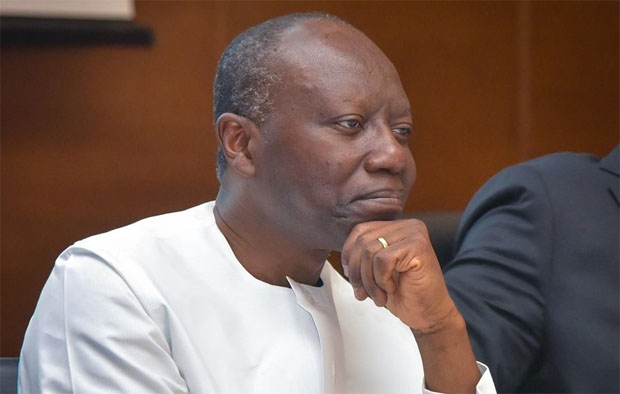Ken Ofori-Atta
The Pharmaceutical Society of Ghana (PSGH) has called on the government to ensure that the National Health Insurance Scheme (NHIS) funds are not touched or reduced in any way as the country undertakes debt restructuring under the International Monetary Fund (IMF) Programme.
The PSGH also demanded that funds are promptly released to the National Health Insurance Authority (NHIA) to ensure that the public has unhindered access to healthcare, and efforts towards Universal Health Coverage (UHC) are not unduly affected by the current crises.
“We call on the Ministry of Finance and Parliament to ensure this is done and done timeously,” a statement released by the PSGH and signed by its President, Pharm. Samuel Kow Donkoh indicated.
The group said it had taken note of the economic situation in the country and actions being taken by the government in response, however, “as a Society, our greatest concern is the healthcare of the people of Ghana, especially access to pharmaceutical care.”
The group noted that the biggest financing mechanism of healthcare in Ghana is the National Health Insurance Scheme (NHIS) calling for all debts owed to suppliers of pharmaceutical products to healthcare facilities to be paid to avoid any disruptions in the supply of pharmaceuticals and other products in Ghana.
“We strongly advise the government to ensure that pension funds are not impacted by the “haircuts” announced by the Hon. Finance Minister on 4th December 2022, to enable beneficiaries of these funds to have access to their full benefits,” it said.
Also, “all monies owed depositors who were impacted by the financial sector clean-up should be paid as agreed and should not be impacted by the haircuts.
The PSGH stands in solidarity with the people of Ghana and all stakeholders to take all necessary actions to ensure that government fully complies with demands and recommendations made,” it added.
The PSGH said economic difficulties notwithstanding, the government must guarantee access to healthcare, especially for the vulnerable and those with limited resources.
By Jamila Akweley Okertchiri


